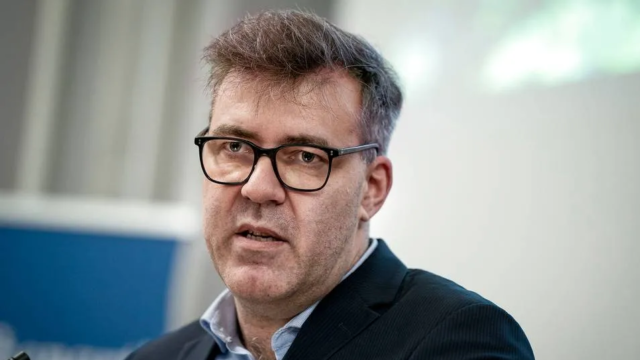Lars Aagaard, the Danish Minister of Energy, Climate, and Utilities, said on Tuesday that Denmark can learn a lesson from India for its ability to bring down tariffs on renewables, especially solar, and both countries can delve together into green energy in the future.
The tariffs on renewable energy, especially solar, have been reduced considerably by India through the e-reverse auction of projects. Solar and wind power tariffs in India had reached all-time lows of Rs. 1.99 per unit and Rs. 2.43 per unit, respectively, as a result of these auctions.
Aagaard said that they can learn from India’s development of solar energy. They can learn from India’s ability to reduce the cost, and in the future, they can embark together on green hydrogen. He said these while addressing the special plenary session on energy at a conference organized by the CII, which was titled “Indian and Denmark: Partners for Green and Sustainable Progress Conference”.
He further added that he visited India 35 years ago when he was a young man, and since then the population of India has increased manifold and has grown to more than 400 million. He highly appreciated the efforts of the government of India to provide electricity to more than 700 million people in the last 35 years.
He added that it is incredible and is looking ahead to India, which will require significantly more electricity to fuel the economy.India is going to install electricity capacity that will be equal to the existing capacity of Europe today.
Aagaard commented on India’s 500 GW of non-fossil energy target by 2030. He said that this target shows that India has size, but he also thinks that India also has the skills that the world needs. At all levels, Denmark is committed to working with India to make the future green and resilient.
Denmark’s Foreign Minister, Lars Lkke Rasmussen, stated that they recognise India’s role in achieving global roles in green and sustainable goals, which they fully support.He further added that the Danish companies have a long history of reducing energy use and emissions and are experts at accelerating green transformations. As he added, Denmark is now looking forward to working with India and signing multiple commercial agreements and memorandums of understanding between the two governments.
The Danish and Indian firms signed as many as seven Memorandum of understanding (MoUs) at the conference. In accordance with these Memorandums of Understanding, ISS and Tata Power have worked together to transition all of ISS India’s India-based clients’ portfolios to green energy and to assess prospects to expand Tata Power’s renewable energy solutions to these portfolios.
Moreover, the SAEL industries of India have selected the Danish biomass boiler company Burmeister & Wain Energy as a provider of technology for the supply of six biomass waste-to-energy boilers. Stiesdal and L&T have signed an MoU for increasing cooperation within floating offshore wind technology in India and in the global sphere. It will further explore the possibility of utilizing Danish solutions and technologies more extensively throughout the business.









